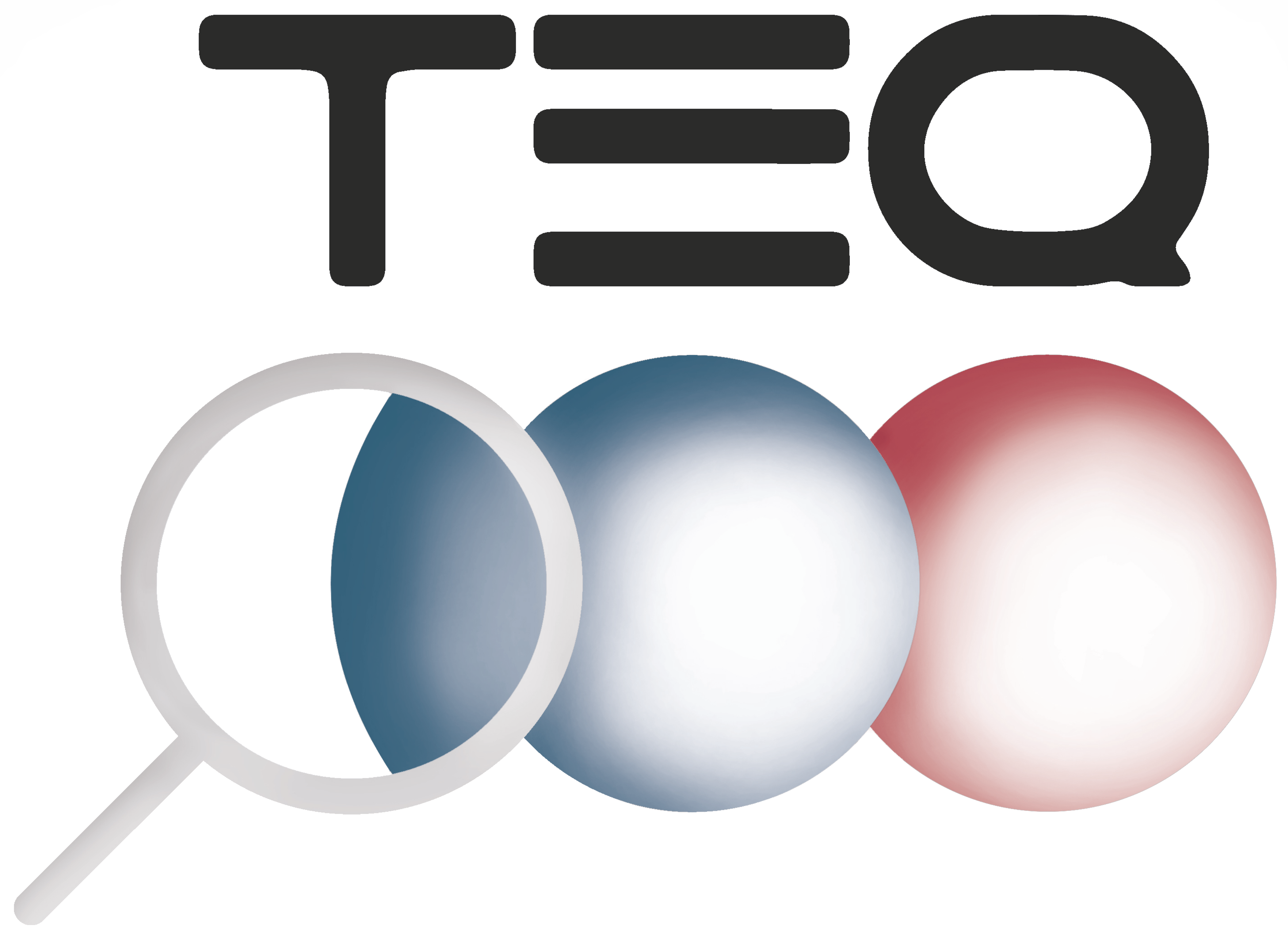University of Trieste regulations concerning cookies.
The Italian Data Protection Authority decision
The Italian (Personal) Data Protection Authority (“Garante per la protezione dei dati personali”) has issued the decision Simplified Arrangements to Provide Information and Obtain Consent Regarding Cookies (decision No. 229 of May 8, 2014), published on June 3, 2014 in the Italian Official Gazette. See: http://www.garanteprivacy.it/web/guest/home/docweb/-/docweb-display/docweb/3167654. (page in italian)
Cookies vary by their different intended use:
– Technical cookies are intended to improve the browsing experience or to provide a specifically requested service;
– Profiling cookies are used to obtain information about the user that can be exploited for other uses not requested by the user, for example to transmit advertising messages of particular interest to the user.
Cookies at the University of Trieste
The Protection Authority decision (see text for full definition of the terms) establishes, for the protection of users, that each site must declare what type (purpose) of cookie it uses.
In this respect, we confirm that, in general, when accessing web pages or services provided by the University of Trieste, i.e. pages with URL …iqis2023.it/…, and unless otherwise and explicitly stated, only technical cookies are used. In the main, the University of Trieste does not produce or publish web pages that employ profiling cookies.
Any possible exception to this policy is clearly marked on each page/service affected by the exception.
Third-party cookies
Some web pages of the University of Trieste incorporate third-party services. For these pages, the policy followed with respect to cookies is that of the external suppliers of these services.
Some cases in which third-party services are used:
services that allow for interaction with social networks (eg “social plugins”) or other external platforms (e.g. viewing Youtube videos, Google Maps);
in some questionnaires, Google generation services can be used;
when referring to sharing services on the web page.
In all these cases, the cookie policy followed is set and developed by the respective vendor who is external to the University.
The third-party policies adopted for privacy / use of cookies can be found at the following URLs:
Google/Youtube: Cookie – Privacy;
How to limit the use of cookies
You can block or limit the use of cookies by changing your browser privacy or security options. In particular:
You can view which cookies are currently stored by your browser;
You can delete all the cookies or selectively just those you do not want;
You can block the use of all cookies (with this choice, there is no guarantee of full availability to all the services on this web site);
You can block the use of third-party cookies from sites other than the one you are viewing;
You may allow the use of cookies for some sites.

